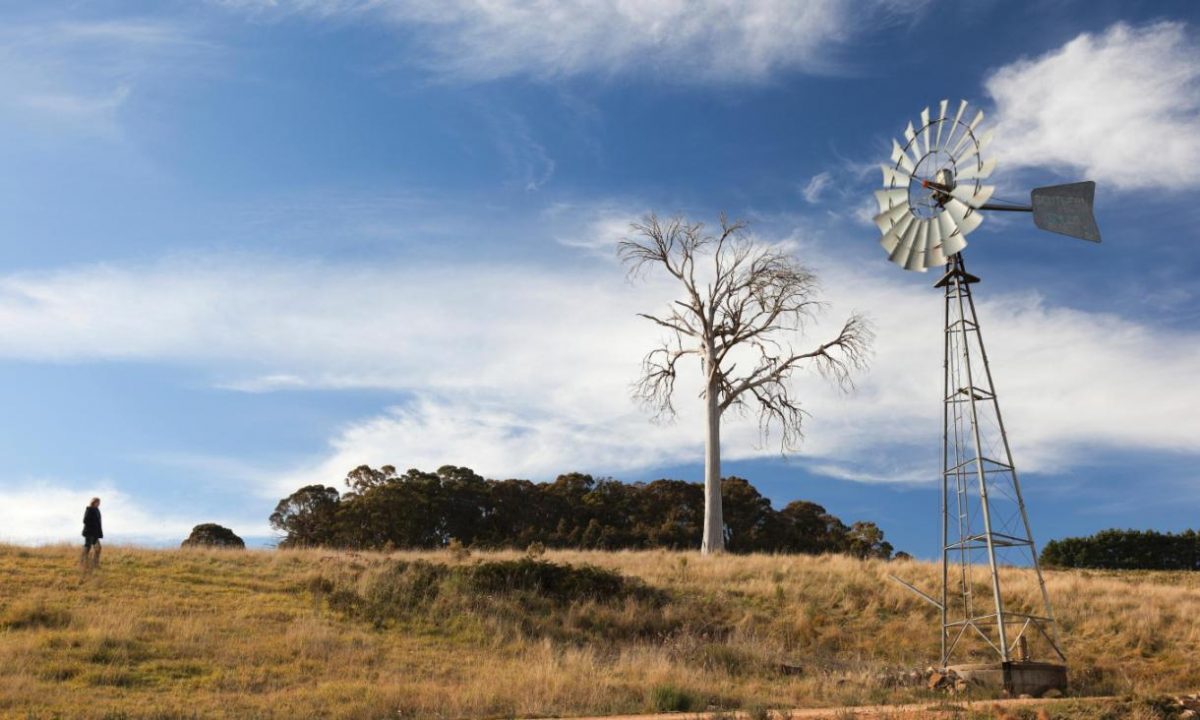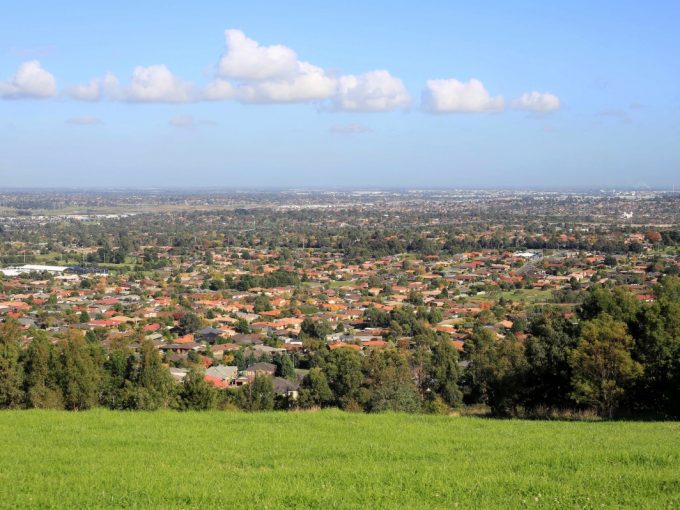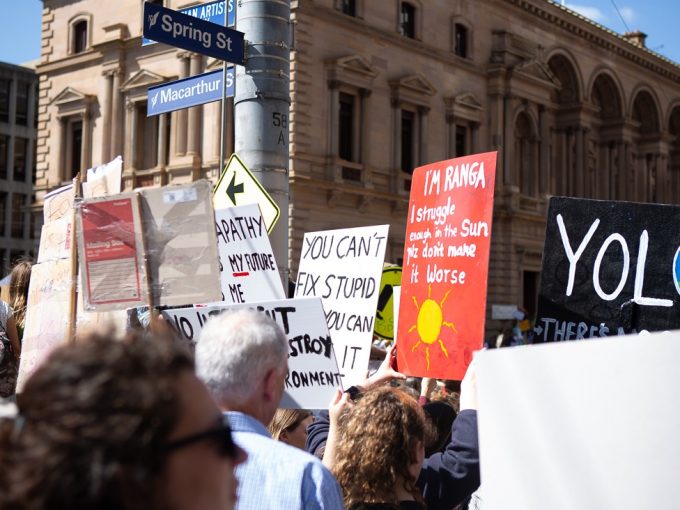A community resilience model developed by RMIT researchers has exposed an invisible layer of socially vulnerable and disadvantaged people that will be hit hard by climate change.

The research examined how climate change will affect people in rural Australia.
The Rural People: Resilient Futures research project, led by the Centre for Urban Research, looked at how weather events caused by climate change will affect the isolated and vulnerable in rural areas.
The project report, Building Blocks of Rural Community Resilience, was recently launched at RMIT.
Research officer, Alianne Rance, said the report found vital services working in their current capacity would struggle to provide support for their most socially vulnerable community members.
Such organisations offer vital support to young mothers and children, low-income households, homeless and disadvantaged as well as those with cognitive impairments and mental health issues.
But there is a layer of borderline disadvantaged – those that don’t have a clear-cut disability or illness who don’t qualify for funding – that are already falling through the cracks.
“It is these people on the borderline that fall through the gaps who are most vulnerable and who will become more exposed,” she said.
According to the World Health Organisation, more than 150,000 people die annually due to the effects of climate change.
The physical impacts of climate change on human health include heat exhaustion, heat stress and exacerbated chronic illnesses that can cause death.

Dr Hartmut Fünfgeld and Alianne Rance from RMIT, with Jo Brown from Southern Grampians and Glenelg Primary Care Partnership and Craig Lapsley, Emergency Management Victoria Commissioner.
“There are insidious long-term impacts resulting from a changing climate, which affects those that already have illness and existing conditions,” Rance said.
“People can relate to extreme events, but most people don’t know that more people died in a heatwave proceeding Black Saturday than Black Saturday itself.”
RMIT researchers worked with the Southern Grampians Primary Care Partnership in Hamilton and eight community service organisations to develop the resilience support model.
At the launch, Emergency Management Victoria Commissioner, Craig Lapsley, announced the project team’s successful grant application to the National Disaster Resilience Grant Scheme.
This three-year project is funded through the federally-funded National Partnership Agreement on Natural Disaster Resilience, which underpins the state-based National Disaster Resilience Grant Scheme through Emergency Management Victoria.
Originally published on RMIT News.





